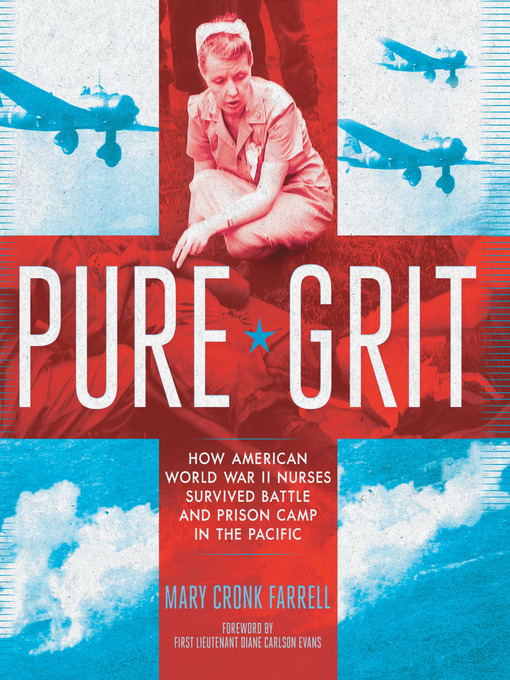With limited job opportunities, women in the 1920s and 1930s turned to nursing. Many joined the US Army and Navy nursing corps. These jobs provided women with regular paychecks, and allowed them to travel the world in glamorous fashion. As the 1930s drew darker and the drums of war banged louder, nursing became more of a priority for military forces around the globe.
Many young women were sent to the Philippines in 1940 and 1941 to bolster the U.S. garrison present on the island as Japanese aggression spread through the Pacific. When the U.S. fleet was attacked at Pearl Harbor on December 7, 1941, the nurses found themselves isolated in a theater of war far from home with no hope of rescue. A Japanese invasion landed in the Philippines, and what had been an exotic locale became the scene of carnage. Aviation and artillery bombardments caused massive casualties among the defenders' ranks, and the nurses faced deteriorating conditions with no medication, lack of surgical space, and increasing amount of wounded.
As the Japanese closed in on the last remaining bastion of U.S. control, some nurses were successfully airlifted out, but most were captured and sent to prison camps. There they helped set up hospitals for the prisoners, and survived on ever dwindling resources. Hunger became constant. As U.S. troops turned the tide of the war and began to push back Japanese forces, the prisoners' treatment became harsher. Notified that the prison camp was to be liquidated before the Japanese left, a daring raid by army rangers freed the prisoners and allowed them to escape.
Though most of the nurses survived the war, none of them truly recovered from their ordeal. Many of them did not receive military benefits. It took over three decades for the federal government to finally acknowledge their service and their contribution to the war in the Pacific.
Fans of history and those interested by the Second World War will be fascinated with this little-known history, and will see the dedication that these nurses exulted even in the face of overwhelming odds.


No comments:
Post a Comment